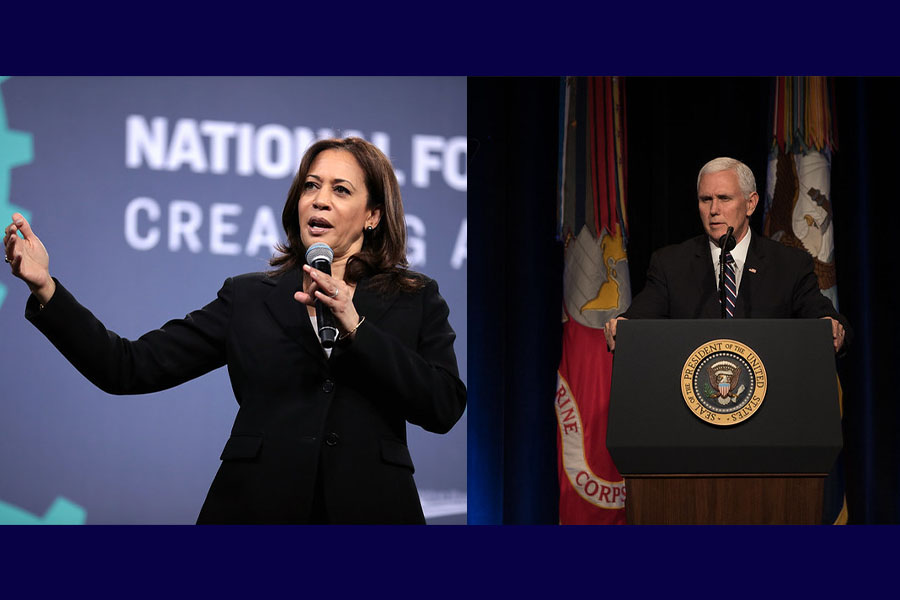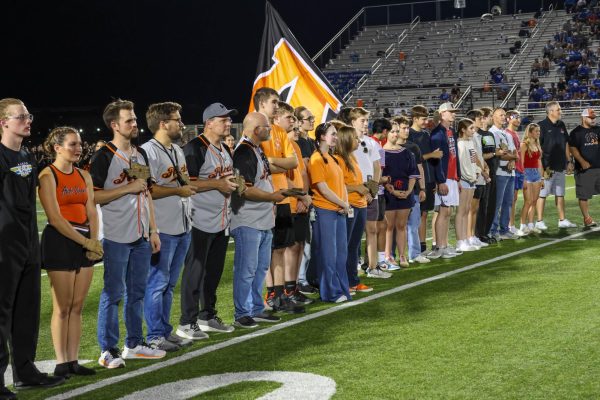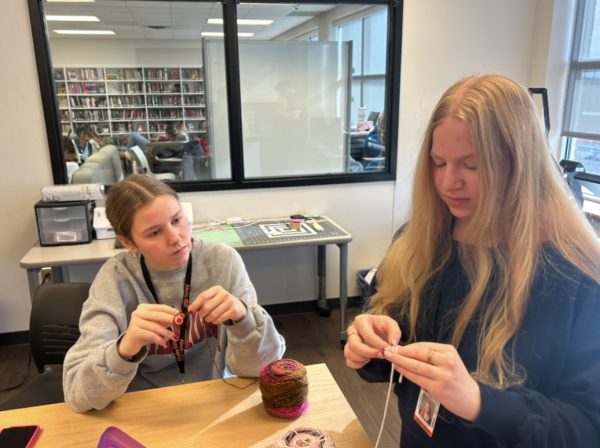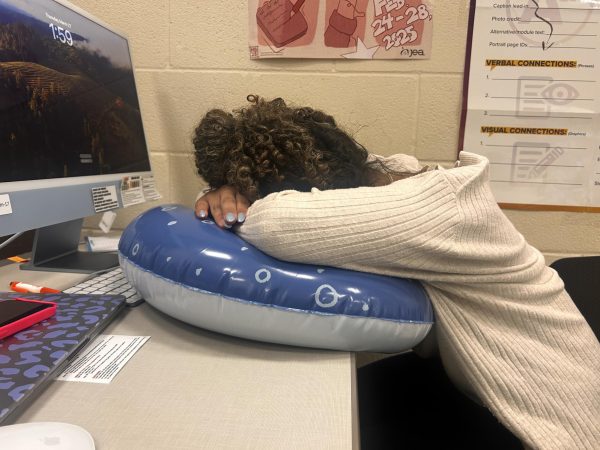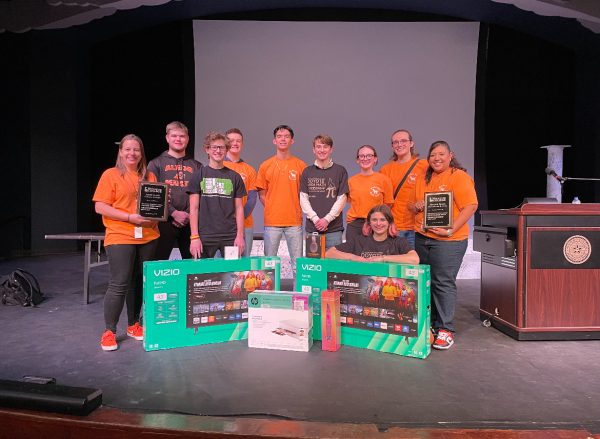Vice Presidential Debate Recap and What Comes Next
Gage Skidmore & Amber I. Smith
U.S. Senator Kamala Harris speaking with attendees at the 2019 National Forum on Wages and Working People hosted by the Center for the American Progress Action Fund and the SEIU at the Enclave in Las Vegas, Nevada. U.S. Vice President Mike Pence speaks during a Missile Defense Review in the Pentagon Auditorium, Washington, D.C., Jan. 17, 2019.
Wednesday night, current Vice President Mike Pence (R) and Vice Presidential candidate Kamala Harris (D) took the debate stage at Utah University in the first and only vice presidential debate.
Topics of debate included the novel coronavirus and the U.S. response, the economy, healthcare plans, taxes, foreign policy, specifically China, race and the justice system, including the Supreme Court nomination.
The debate seemed to have no clear winner or loser, and how the candidates were viewed depended mostly on which party viewers aligned themselves with.
Both candidates were criticized for dodging questions and Pence was heavily criticized for his repeated interruption of and disregard for moderator Susan Page.
Page was criticized for her inability to control the candidates and hold them to their allotted time, leading many political analysts to call for stricter moderation and even a microphone cut off for candidates who too far exceed their time.
The next presidential debate was scheduled for Oct. 15 in a town-hall format. Due to President Donald Trump’s COVID-19 diagnosis, the Commission on Presidential Debates announced that the debate would be held virtually. President Trump has since refused to participate in the debate.
The future of the next presidential debate is uncertain as the Commission on Presidential Debates attempts to navigate the President’s diagnosis.



